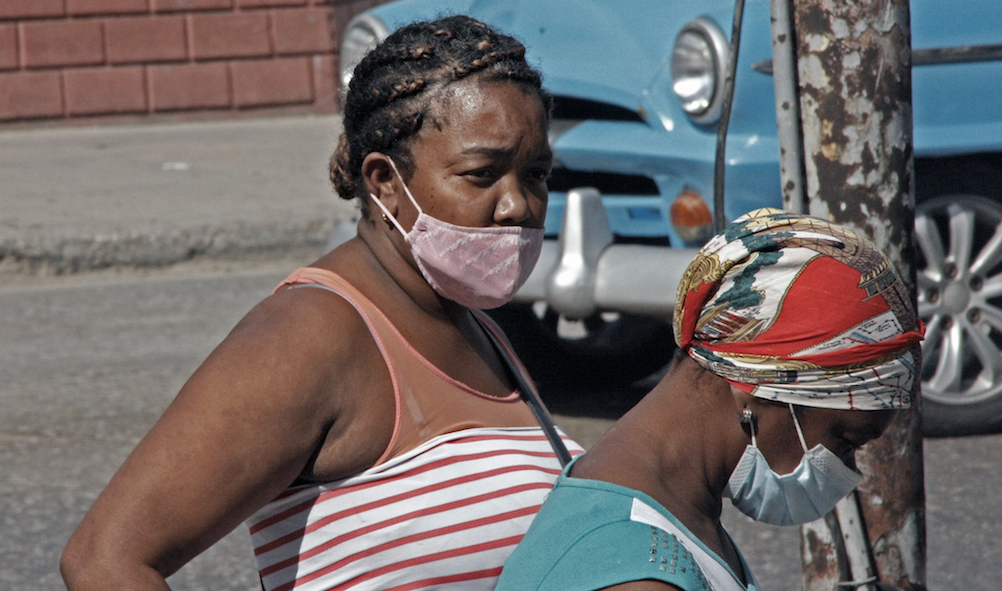A cursory glance at the Cuban reality would lead one to believe that the authorities are doing everything in their power to combat the Covid-19 pandemic that is spreading across the island. A daily meeting of the highest, ranking government figures to review the situation with the disease, the quarantining of those areas where the virus has cropped up, and partial shutdown of socioeconomic activity in many of the country's territories are some of the actions undertaken by the leadership in the face of the pandemic.
However, if we focus on the government's position regarding vaccinating the population against Covid-19 —undoubtedly the most effective and definitive solution— we must wonder about the sincerity of the power structure's interest in dealing with the dangerous disease.
These days the official propaganda has been announcing, with great fanfare, that small population groups from Havana and Santiago de Cuba will soon be chosen to test one of the vaccine candidates manufactured by the national biopharmaceutical industry. Then, if the experiment is successful, the effort will be expanded to the rest of the populace. In other words, according to calculations, it could take a few months for most ordinary Cubans to be immunized.
While the Cuban population has to wait for the effectiveness of the national vaccine to be certified, most Latin American nations have already begun to vaccinate their people with vaccines acquired from other nations. A vaccine manufactured by the US pharmaceutical company Pfizer, and the Russian vaccine, Sputnik V, have been the main antidotes imported by the countries in our region to eradicate the pandemic. Obviously, the existence of Sputnik V, which could be supplied to Cuba by its comrades in the Kremlin, gives the lie to any potential Castroist excuse that the US "blockade" keeps the island from acquiring any vaccine abroad.
It seems that Cuba's leaders are more interested in looking good abroad than helping their people at home, as Díaz-Canel and his government team have already promised several nations Cuban vaccines, while the population on the island must patiently get in line.
This wait only exacerbates the trials of Cubans' daily lives, as they are subjected to the financial stress of the Tarea Ordenamiento legislation, shortages on the markets, deficient means of transport, as well as the closure of a good part of the nation's social, cultural and athletic facilities.
In the leadership's view these challenges faced by ordinary Cubans are, apparently, secondary. For them, it seems, the most important thing now is for Cuba to produce its own vaccine, thereby burnishing its reputation as a medical powerhouse, and placing a feather in the cap of the country's much-touted health system.
The government's refusal to purchase vaccines abroad should not be separated from its strategy of substituting imports from other economic categories. Cuba's headstrong rulers insist on manufacturing on the island most of the goods and supplies that the national economy needs, squandering the famous comparative advantages to which the economist David Ricardo alluded in the 19th century, and this is a pattern that transcends its weak external finances.
It is an attempt at a kind of autarky that flies in the face of the general trend around the world towards bolstering trade flows, one endorsed by the authorities of the World Trade Organization (WTO).
The strategy of substituting imports undercuts Cubans' standard of living. And now it could lengthen the dark shadow that Covid-19 casts across the Island.
